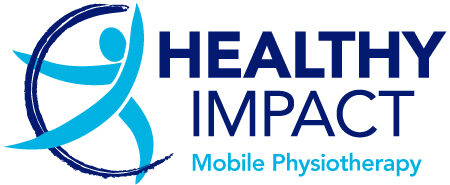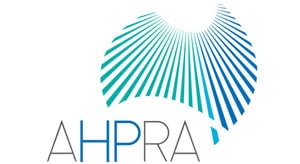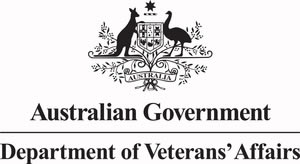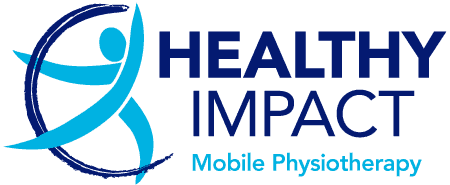Cardiorespiratory Rehabilitation
Cardiorespiratory physiotherapy
Cardiorespiratory physiotherapy focuses on the assessment, treatment, and rehabilitation of individuals with cardiovascular and respiratory conditions. Its primary aim is to optimise the function of the heart and lungs, improve breathing mechanics, enhance cardiorespiratory function and cardiovascular fitness.
If you have any other questions please feel free to check out our “FAQ” page or contact us here at Healthy Impact
Conditions treated
- Chronic Obstructive Pulmonary Disease (COPD).
- Asthma
- cardiovascular diseases
- Cystic Fibrosis
- Interstitial lung disease
- Post-operative rehabilitation
- Neuromuscular disorders
Benefits offered
- Improved respiratory function
- Enhanced cardiovascular fitness
- Energy conservation
- Symptom management
- Psychological and social benefits
Read our FAQ page here or if you have a question, contact Scott on
0402 221 397 (9am – 5pm Mon – Fri)
healthyimpactqld@gmail.com (Anytime)
Conditions treated by cardiorespiratory physiotherapy include:
- Chronic Obstructive Pulmonary Disease (COPD). This includes conditions such as chronic bronchitis, bronchiectasis and emphysema, which lead to airflow limitation and breathing difficulties. Bronchiectasis is a chronic lung condition where the walls of your airways (bronchi) widen and are thickened from inflammation and infection. Early diagnosis and treatment of COPD is important for preventing further damage to your lungs.
- Asthma. A chronic disease in which the bronchial airways in the lungs become narrowed and swollen, making it difficult to breathe. Symptoms include wheezing, coughing, tightness in the chest, shortness of breath, and rapid breathing.
- Cardiovascular diseases. Such as coronary artery disease, heart failure, and hypertension, which affect the heart and blood vessels.
- Cystic Fibrosis. A genetic disorder that primarily affects the lungs but can also involve the pancreas, liver, kidneys, and intestines.
- Interstitial lung disease. A group of lung disorders characterized by inflammation and scarring of the lung tissue.
- Post-operative rehabilitation. After thoracic or cardiac surgeries, such as coronary artery bypass grafting, or lung resection are important to optimize recovery and restore cardiorespiratory function.
- Neuromuscular disorders. Individuals with neurological conditions, such as Parkinson’s disease, multiple sclerosis or muscular dystrophies will often benefit from aspects of cardiorespiratory rehabilitation by improving respiratory function and cardiovascular fitness.
Cardiorespiratory physiotherapy can offer several benefits:
- Improved respiratory function. Respiratory exercises and techniques taught in cardiorespiratory physiotherapy can help optimise breathing mechanics, improve lung function, and prevent complications such as pneumonia.
- Enhanced cardiovascular fitness. Engaging in aerobic exercises under the guidance of a physiotherapist can improve cardiovascular fitness, endurance, mobility, physical activity, mental health and quality of life.
- Energy conservation. Fatigue is a common symptom for patients with a cardiorespiratory or neurological condition. Cardiorespiratory physiotherapy can include education on energy conservation techniques, pacing and recovery strategies to help individuals manage their energy levels more effectively during daily activities.
- Symptom management. Managing symptoms such as shortness of breath during daily activities, laying down at night and with physical exertion. Physiotherapists can provide strategies to manage these symptoms, such as positioning techniques, breathing exercises, pacing and recovery techniques.
- Psychological and social benefits. Engaging in regular physical activity and rehabilitation can have positive effects on mood, cognition, and overall well-being. Improving physical capacity improves a patient’s ability to participate in social activities they enjoy and enhances their quality of life.
Cardiorespiratory physiotherapy serves as a vital component of comprehensive care for individuals with cardiovascular and respiratory conditions, offering them the opportunity to regain control over their health, improve their function, and ultimately lead fulfilling lives.







